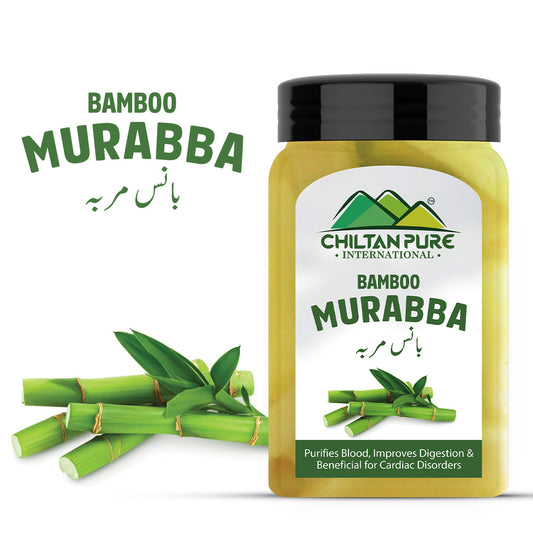Nur Vitamin C Serum- Brightens Skin, Anti – Aging, Fades Pigmentation, Lightens Complexion, Protects Skin from Environmental & Sun Damage
- Regular price
- Rs. 1,199
- Regular price
-
Rs. 1,702 - Sale price
- Rs. 1,199
- Unit price
- per
Pay in 3 Installments of
Rs.
459
Prime Fast Delivery
|
Vendor:
Nur By Juggun
10 customers are viewing this product
Couldn't load pickup availability

Vendor: Nur By Juggun
Nur Vitamin C Serum- Brightens Skin, Anti – Aging, Fades Pigmentation, Lightens Complexion, Protects Skin from Environmental & Sun Damage
Rs. 1,199
Vendor: Nur By Juggun
Nur Vitamin C Serum- Brightens Skin, Anti – Aging, Fades Pigmentation, Lightens Complexion, Protects Skin from Environmental & Sun Damage
Rs. 1,199
Vitamin C is an antioxidant, meaning it halts or holds off environmental and sun damage to cells. And while you can count your morning OJ as a good defense for your bod, the best way to achieve vitamin C’s protection and benefits is to apply it directly onto your skin.
If you’re wondering when to apply a vitamin C serum, the answer is both morning and night, after cleansing and toning. Vitamin C has photoprotective properties and staves off oxidative stress from the free radicals.
Vitamin C is a powerful antioxidant that works to stimulate collagen production in your skin. It also fights fine lines, brightens your complexion, and provides a host of other benefits. Skincare experts also tout it as one of the best anti-aging ingredients you could ever use.
The antioxidants in vitamin C helps defend against the damage that UV light can cause. That doesn’t mean that you can use a vitamin C skin serum in place of sunscreen.
How To Use A Vitamin C Serum And Reap Its Benefits?
Apply a few drops of serum to your face after you wash and dry it. “A little bit goes a really long way,” “It has some benefits with sun exposure so it helps to apply in the morning as the first layer of protection.
Store your bottle in a cool, dark place away from extreme heat, such as a bathroom cabinet as opposed to on your counter. “Storing a vitamin C serum correctly is integral to its success,”
Amazingly, vitamin C’s skin-saving benefits aren’t limited to its antioxidant status. It has plenty of other skin-healing properties that make it worthy of a permanent place in your medicine cabinet. For one, when vitamin C is used topically, because it’s highly acidic, “the skin is triggered to heal itself by accelerating the production of collagen and elastin,” Collagen and elastin are both naturally occurring protein fibers that help keep skin plump and firm. So, in helping to promote collagen production, topical vitamin C can help prevent premature aging of the skin.
Active Ingredients
Ascorbic acid Pure ascorbic acid has consistently been proven to be the most effective at penetrating the skin barrier. Vitamin C—also known as ascorbic acid—is a water-soluble nutrient that plays an important role in keeping your skin healthy. Topical vitamin C is clinically proven to have a wide range of clinical applications thanks to its antioxidant, antiaging, ant pigmentary properties.
Sodium ascrobyl phosphate Sodium ascorbyl phosphate functions as an antioxidant, a substance that neutralizes free radicals, reducing the amount of damage that they can do to cells. When applied topically to the skin, sodium ascorbyl phosphate can help slow down the aging process and the formation of fine lines and wrinkles.
Alpha arbutin Extracted from plants such as bearberries, blueberries, and cranberries, alpha arbutin is a safe skin brightening ingredient which helps to fade scars and pigmentation left behind by breakouts and sun damage.
Vitamin E Vitamin E is a nutrient your body needs to support your immune system and help your cells to regenerate. It also has antioxidant and anti-inflammatory properties that make getting enough essential to your everyday health. It can be applied topically to your face to reduce inflammation and make your skin look younger.
Hyaluronic acid Hyaluronic acid is used as a humectant a substance that helps the skin hold onto water.
key words
nur by juggun / jung vitmats c / vitim c
|
Select a small area of skin that’s easy to conceal, like your forearm
|
|
Apply a small amount of product and wait 24 hours
|
|
If no side effects occur, you can apply to your face. Discontinue use if you develop a rash, redness, or hives
|
Ascorbic acid |
Sodium ascrobyl phosphate |
Alpha arbutin |
Vitamin E |
Hyaluronic acid |
Related Products
Mama's Jan
Example product title
- Regular price
- Rs. 1,199
- Regular price
-
Rs. 1,702 - Sale price
- Rs. 1,199
- Unit price
- per
Mama's Jan
Example product title
- Regular price
- Rs. 1,199
- Regular price
-
Rs. 1,702 - Sale price
- Rs. 1,199
- Unit price
- per
Mama's Jan
Example product title
- Regular price
- Rs. 1,199
- Regular price
-
Rs. 1,702 - Sale price
- Rs. 1,199
- Unit price
- per
Mama's Jan
Example product title
- Regular price
- Rs. 1,199
- Regular price
-
Rs. 1,702 - Sale price
- Rs. 1,199
- Unit price
- per
Mama's Jan
Example product title
- Regular price
- Rs. 1,199
- Regular price
-
Rs. 1,702 - Sale price
- Rs. 1,199
- Unit price
- per
Mama's Jan
Example product title
- Regular price
- Rs. 1,199
- Regular price
-
Rs. 1,702 - Sale price
- Rs. 1,199
- Unit price
- per
Mama's Jan
Example product title
- Regular price
- Rs. 1,199
- Regular price
-
Rs. 1,702 - Sale price
- Rs. 1,199
- Unit price
- per
Mama's Jan
Example product title
- Regular price
- Rs. 1,199
- Regular price
-
Rs. 1,702 - Sale price
- Rs. 1,199
- Unit price
- per
Mama's Jan
Example product title
- Regular price
- Rs. 1,199
- Regular price
-
Rs. 1,702 - Sale price
- Rs. 1,199
- Unit price
- per
Mama's Jan
Example product title
- Regular price
- Rs. 1,199
- Regular price
-
Rs. 1,702 - Sale price
- Rs. 1,199
- Unit price
- per
Recently Viewed Products
Mama's Jan
Example product title
- Regular price
- Rs. 1,199
- Regular price
-
Rs. 1,702 - Sale price
- Rs. 1,199
- Unit price
- per
Mama's Jan
Example product title
- Regular price
- Rs. 1,199
- Regular price
-
Rs. 1,702 - Sale price
- Rs. 1,199
- Unit price
- per
Mama's Jan
Example product title
- Regular price
- Rs. 1,199
- Regular price
-
Rs. 1,702 - Sale price
- Rs. 1,199
- Unit price
- per
Mama's Jan
Example product title
- Regular price
- Rs. 1,199
- Regular price
-
Rs. 1,702 - Sale price
- Rs. 1,199
- Unit price
- per
Mama's Jan
Example product title
- Regular price
- Rs. 1,199
- Regular price
-
Rs. 1,702 - Sale price
- Rs. 1,199
- Unit price
- per
Mama's Jan
Example product title
- Regular price
- Rs. 1,199
- Regular price
-
Rs. 1,702 - Sale price
- Rs. 1,199
- Unit price
- per
Mama's Jan
Example product title
- Regular price
- Rs. 1,199
- Regular price
-
Rs. 1,702 - Sale price
- Rs. 1,199
- Unit price
- per
Mama's Jan
Example product title
- Regular price
- Rs. 1,199
- Regular price
-
Rs. 1,702 - Sale price
- Rs. 1,199
- Unit price
- per
Mama's Jan
Example product title
- Regular price
- Rs. 1,199
- Regular price
-
Rs. 1,702 - Sale price
- Rs. 1,199
- Unit price
- per
Mama's Jan
Example product title
- Regular price
- Rs. 1,199
- Regular price
-
Rs. 1,702 - Sale price
- Rs. 1,199
- Unit price
- per
- Choosing a selection results in a full page refresh.
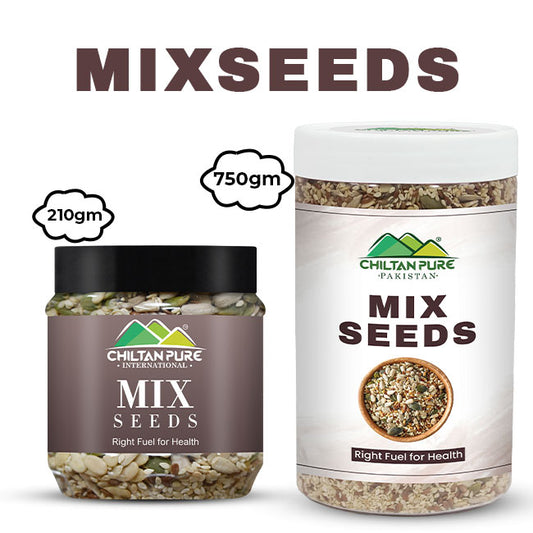

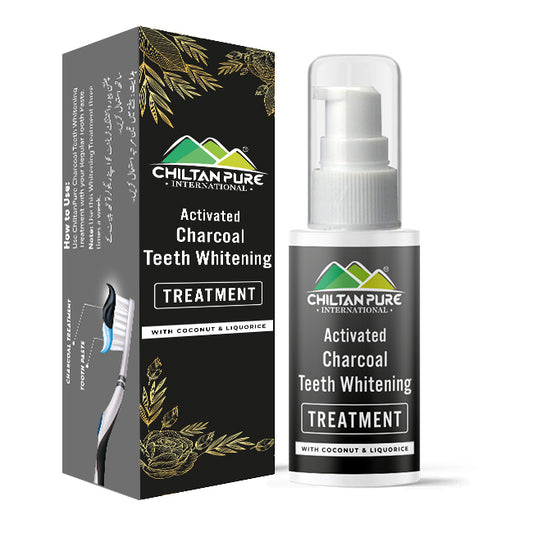
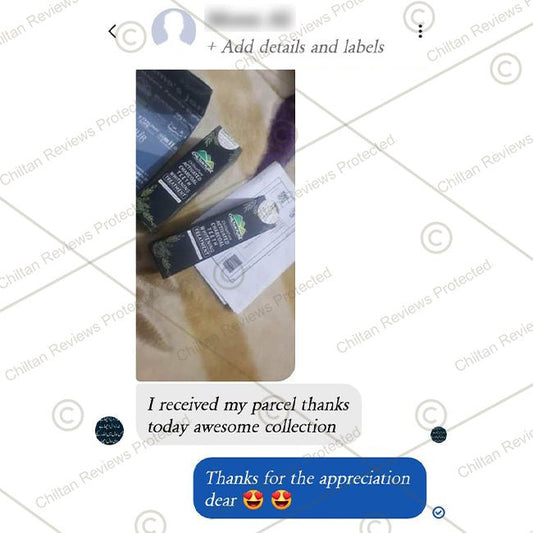
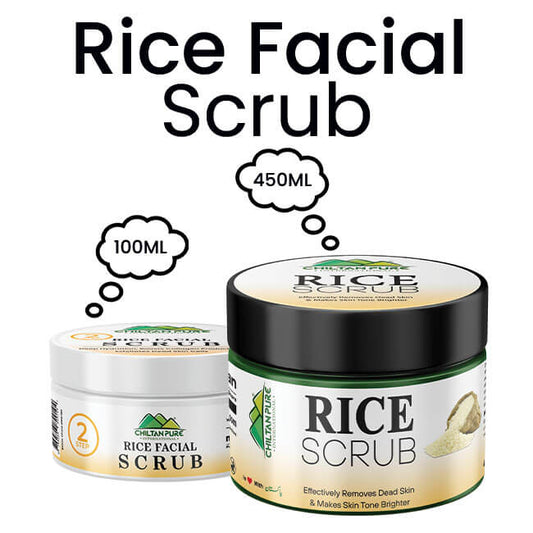
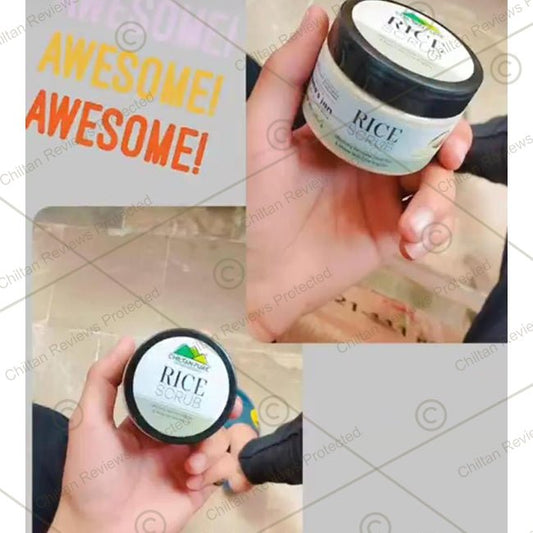
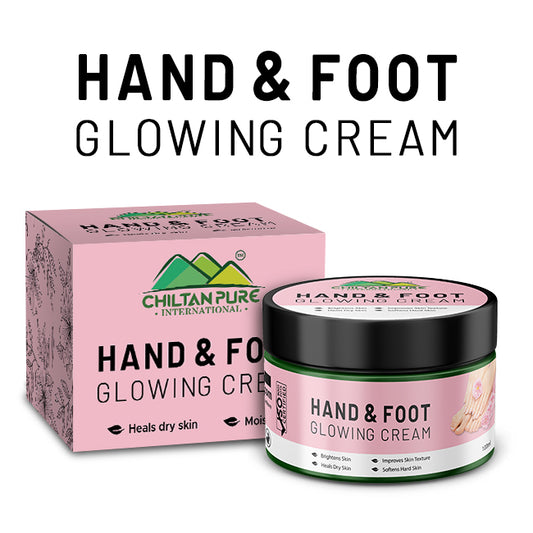

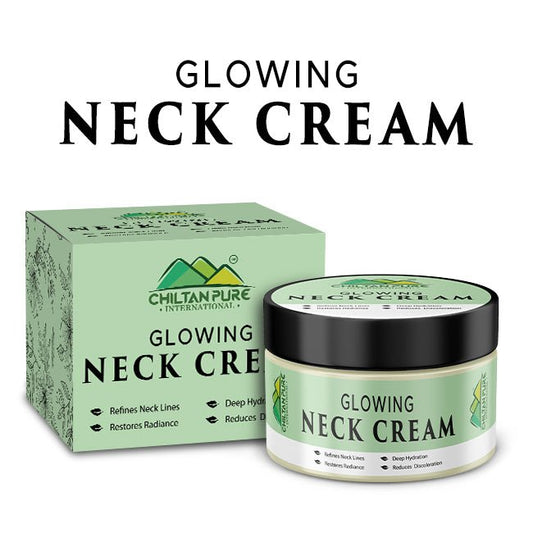
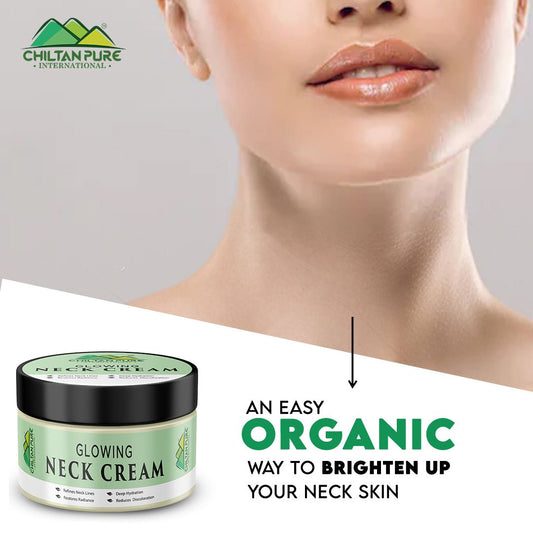
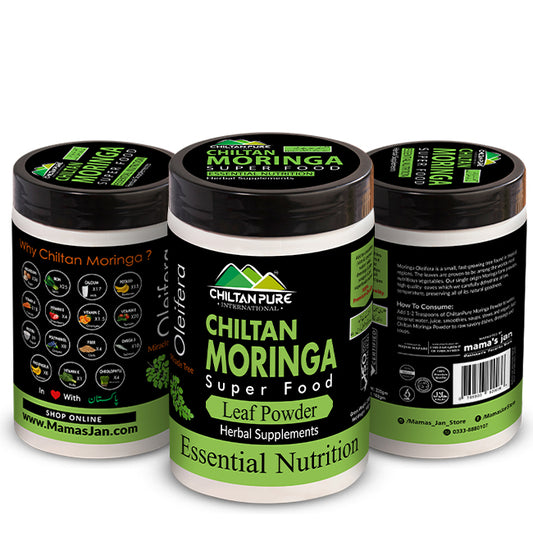
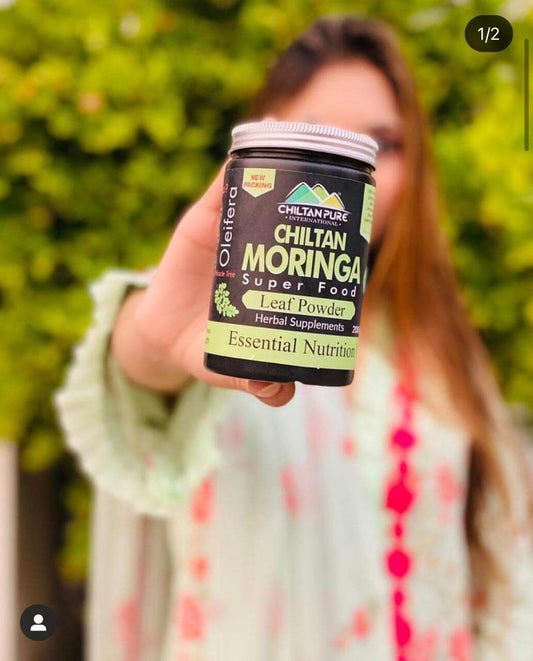
![Chia Seeds – Make Skin Glow, High in Fiber, Protein & Aid in Weight Loss [تخم میکسیکو]](http://mamasjan.com/cdn/shop/files/Chia-seeds-wb_1_533x.jpg?v=1739000274)
![Chia Seeds – Make Skin Glow, High in Fiber, Protein & Aid in Weight Loss [تخم میکسیکو]](http://mamasjan.com/cdn/shop/files/ChiaSeeds1_533x.jpg?v=1739000274)
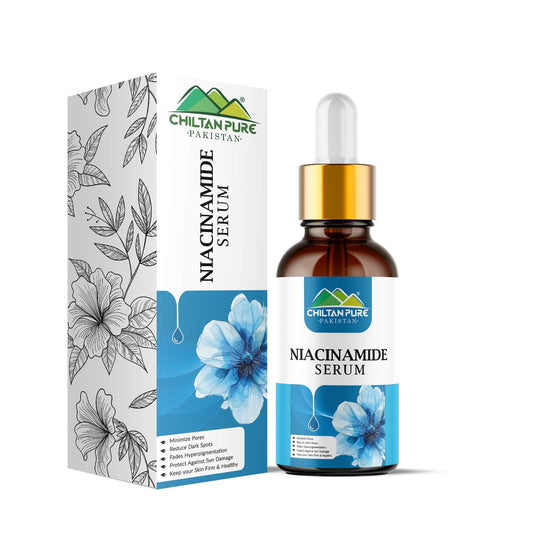

![Red Onion Oil 🧅 Reduces Hair Fall & Accelerates Hair Regrowth [پیاز کا تیل].. Trending.... 🔥](http://mamasjan.com/cdn/shop/files/Onion-Oil_533x.jpg?v=1707234402)
![Red Onion Oil 🧅 Reduces Hair Fall & Accelerates Hair Regrowth [پیاز کا تیل].. Trending.... 🔥](http://mamasjan.com/cdn/shop/files/shampoo-oil-4_3a0058c6-20d2-4f79-8050-19cf717015ac_533x.jpg?v=1708103599)
